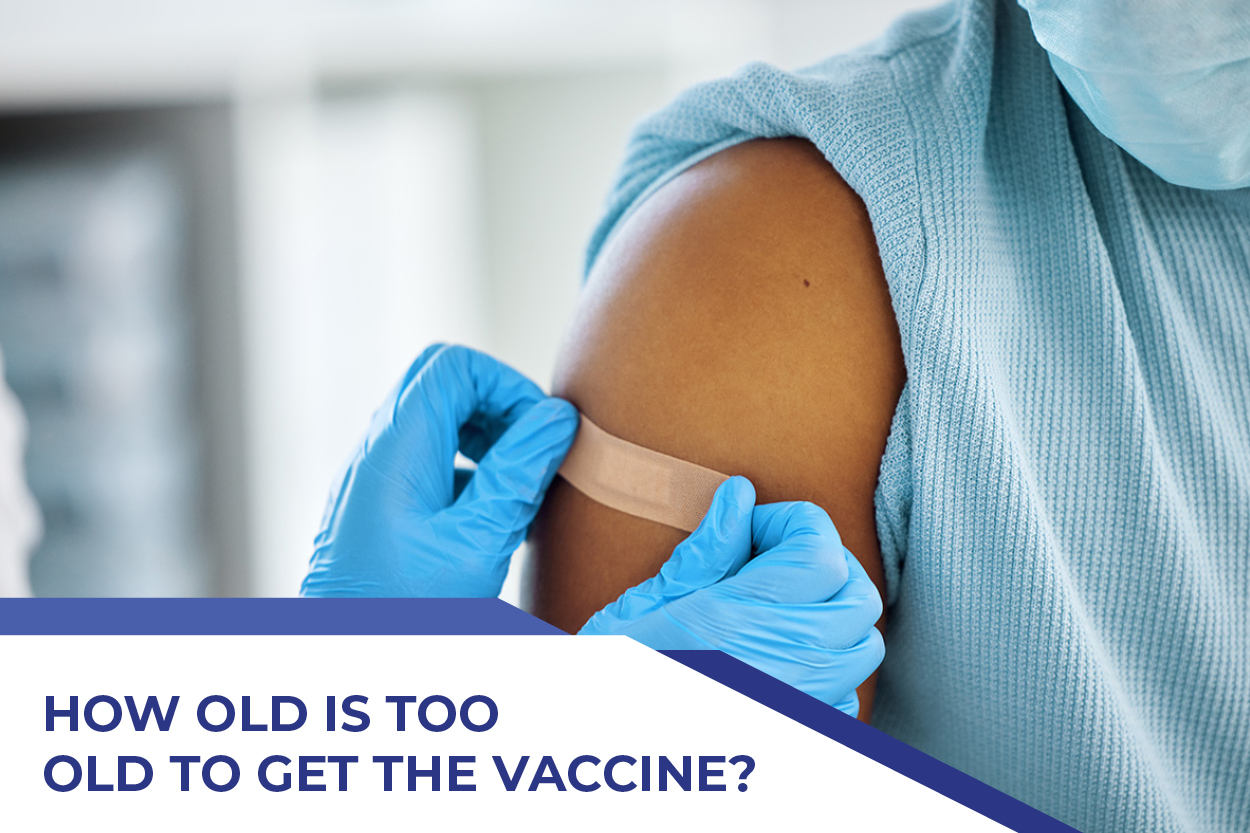Did you know the human papillomavirus (HPV), the most common sexually transmitted infection in the U.S., can lead to major cancers? Surprisingly, a recent study found that a majority of Americans are unaware of this connection, particularly when it comes to cervical cancer.
Almost everyone who is sexually active will come into contact with HPV at some point in their lives. In fact, over 42 million Americans currently carry at least one strain of this virus, with millions of new infections occurring every year. Despite these alarming numbers, research reveals that awareness about HPV and its connection to cervical cancer has declined in recent years.
So, what exactly is the link between HPV and cancer? Not all types of HPV are dangerous, as most infections go away on their own without causing harm. However, in some cases, persistent infections can lead to the development of various cancers. Cervical cancer is the most prevalent HPV-related cancer, with thousands of cases diagnosed each year. But HPV can also cause anal, vulval, oropharyngeal, vaginal, and penile cancer.
The decline in awareness of the HPV-cervical cancer link is worrisome, given the potential to prevent these cancers through vaccination. The HPV vaccine was initially approved in 2006 to protect against cervical cancer in girls and young women. It has since been expanded to include protection against anal, oral, and head and neck cancers in both males and females. The HPV vaccine is safe and highly effective in preventing HPV-related cancers. The vaccine has been approved for individuals up to the age of 45, so it's never too late to consider getting vaccinated.

